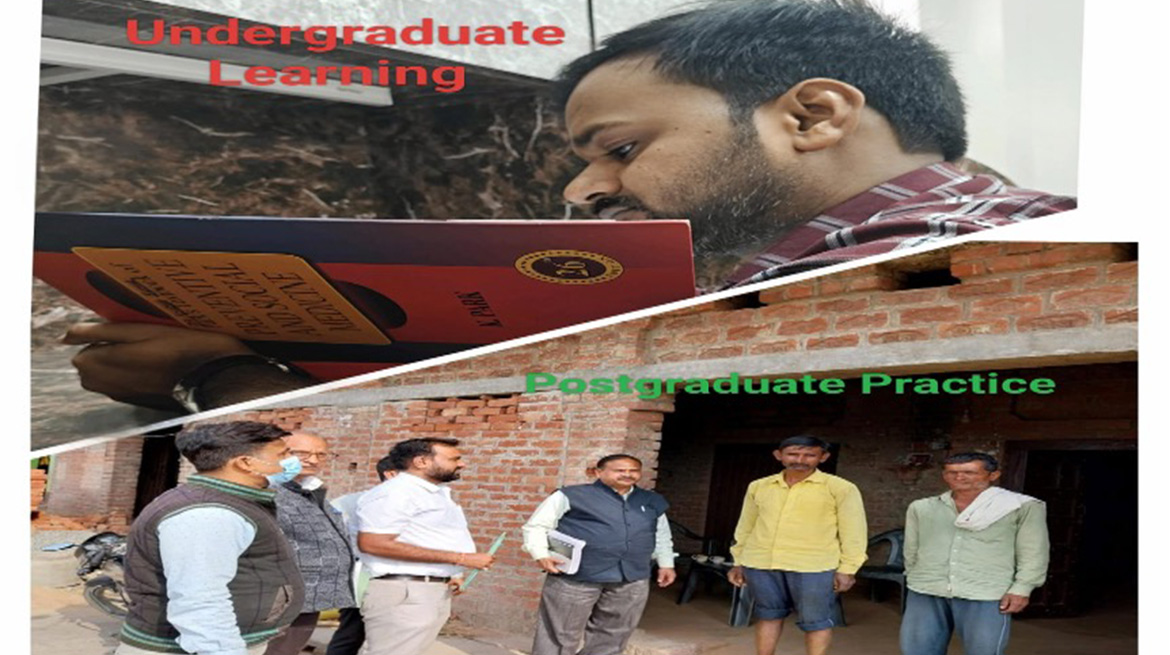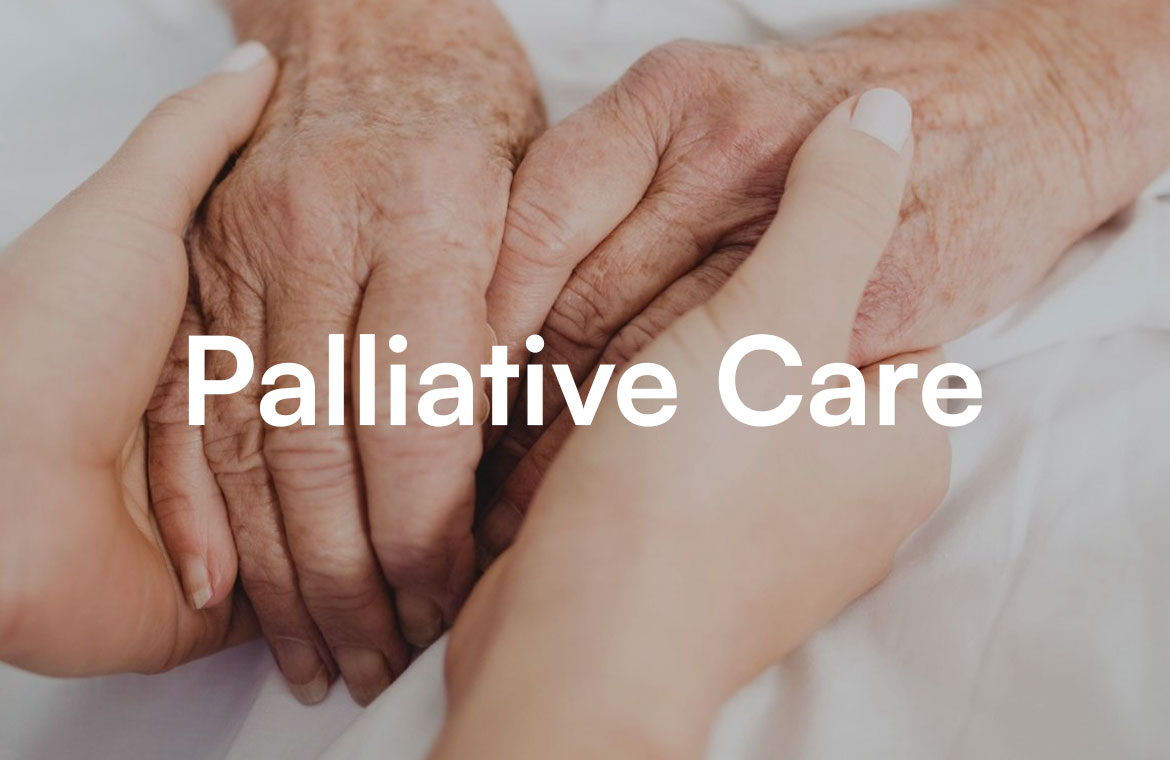Community Medicine is often misunderstood during undergraduate years as a “non-clinical” or “theoretical” subject, overshadowed by the glamour of surgery and internal medicine. However, as students transition to postgraduate training, the true breadth and depth of Community Medicine begin to unfold. This transformation highlights the evolving role, responsibility, and relevance of the subject in shaping public health leaders.
In MBBS, Community Medicine is introduced as a foundational subject to familiarize students with public health concepts.. Key focus areas include:
Epidemiology and biostatistics, Health programs and policies, Environmental health, Communicable and non-communicable diseases, Family health and nutrition, Basics of health management and primary care
The undergraduate curriculum largely revolves around theoretical knowledge (Park textbook), field visits, and basic survey work. While these elements build the base, the practical application is limited and often perceived as passive compared to clinical subjects. The stress of post graduation selection processes can indeed lead to limited focus on practical knowledge , especially if online coaching platforms prioritize theoretical aspects. Insufficient practical training can hinder development of essential skills.
Postgraduate training in Community Medicine (MD) brings a paradigm shift:
Hands-on Public Health Practice: PGs actively manage outreach activities, surveillance, health education campaigns, immunization drives, and outbreak investigations.
Leadership & Policy Insight: They delve deep into health administration, health economics, and national programs, becoming capable of evaluating and even designing health interventions.
Advanced Research: PGs are expected to conduct meaningful research with practical relevance, including thesis work, operational research, and epidemiological studies.
Teaching Responsibilities: MD students begin mentoring MBBS students, teaching both in classrooms and field postings.
Interdisciplinary Collaboration: Working with NGOs, urban and rural health centres, district health authorities, and international agencies is common.
This shift reveals how Community Medicine moves from being a subject of study to a platform for action, implementation, and leadership.
Undergraduates often see Community Medicine as a collection of facts and programs. Postgraduates, however, start to view it as: A tool for equity, bridging healthcare gaps between urban and rural areas. A means of empowerment, helping communities take control of their health. A career path with vast opportunities — from academics and research to health policy, epidemiology, and global health.
Postgraduate Community Medicine specialists often take on roles in: National public health programs, Government policy-making bodies, WHO, UNICEF, and other global health agencies, NGOs and public-private partnerships, Academic institutions and research think tanks
This trajectory is a testament to how Community Medicine shapes not only doctors but also policymakers and change-makers. The journey from undergraduate to postgraduate in Community Medicine is more than academic progression—it’s a transformation in mindset, responsibility, and impact. What starts as textbook learning evolves into leadership in public health. Recognizing this shift is crucial to appreciating the true potential of Community Medicine in creating healthier communities and a stronger healthcare system.




